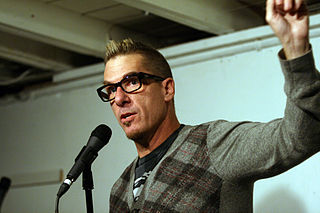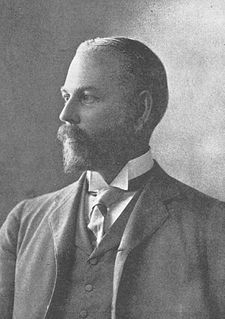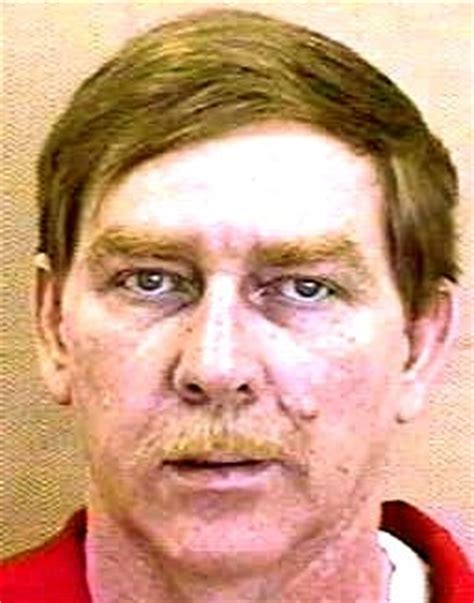A Quote by Richard Flanagan
I believe in the verb, not the noun - I am not a writer, but someone compelled to write.
Related Quotes
When one crosses over from an activity, or the verb, of writing or doing, and becomes a noun, like "a writer" I think that is an act of supreme self-consciousness that I've never, in effect, made. I write, but I don't like to think of myself as a writer. I think it's somewhat self-aggrandizing and pretentious. Now, I am a teacher.
Saw you walking barefoot taking a long look at the new moon's eyelid later spread sleep-fallen, naked in your dark hair asleep but not oblivious of the unslept unsleeping elsewhere Tonight I think no poetry will serve Syntax of rendition: verb pilots the plane adverb modifies action verb force-feeds noun submerges the subject noun is choking verb disgraced goes on doing now diagram the sentence
Perhaps one would be wise when young even to avoid thinking of oneself as a writer - for there's something a little stopped and satisfied, too healthy, in that. Better to think of writing, of what one does as an activity, rather than an identity - to write, I write; we write; to keep the calling a verb rather than a noun; to keep working at the thing, at all hours, in all places, so that your life does not become a pose, a pornography of wishing.
Whatever one wishes to say, there is one noun only by which to express it, one verb only to give it life, one adjective only which will describe it. One must search until one has discovered them, this noun, this verb, this adjective, and never rest content with approximations, never resort to trickery, however happy, or to vulgarism, in order to dodge the difficulty.
Hyacinth,” Lady Bridgerton said in a vaguely disapproving voice, “do try to speak in complete sentences.” Hyacinth looked at her mother with a surprised expression. “Biscuits. Are. Good.” She cocked her head to the side. “Noun. Verb. Adjective.” “Hyacinth.” “Noun. Verb. Adjective.” Colin said, wiping a crumb from his grinning face. “Sentence. Is. Correct.
A true noun, an isolated thing, does not exit in nature. Things are only the terminal points, or rather the meeting points of actions, cross sections cut through actions, snapshots. Neither can a pure verb, an abstract motion, be possible in nature. The eye sees noun and verb as one, things in motion, motion in things.




































